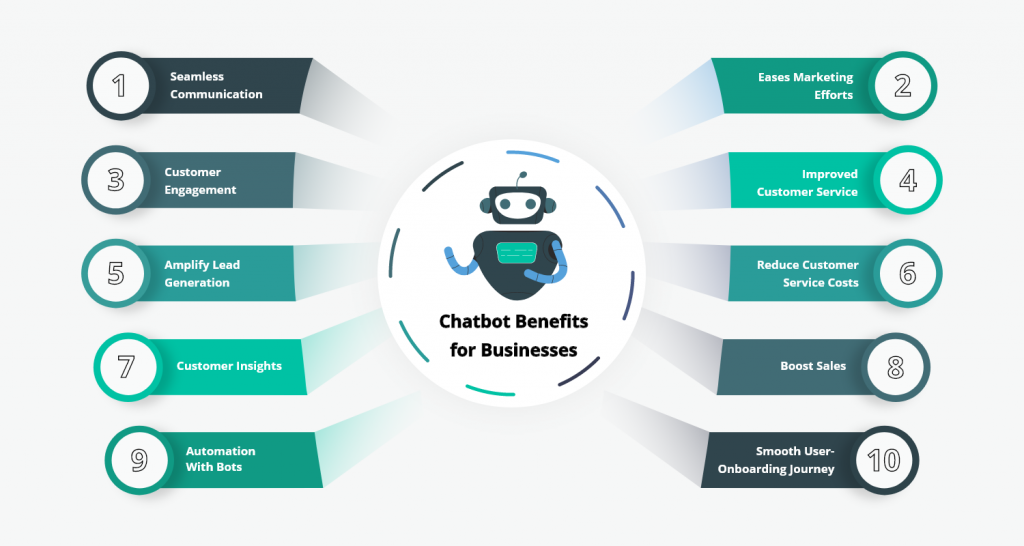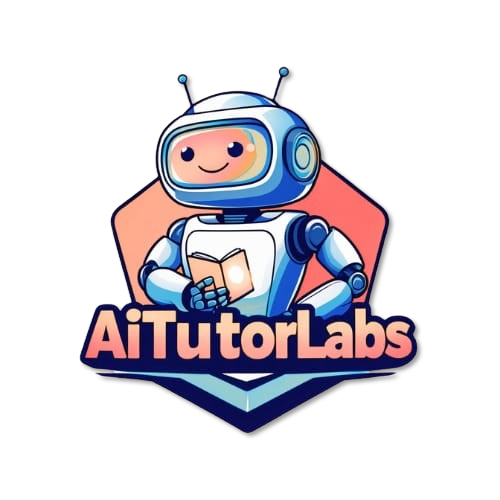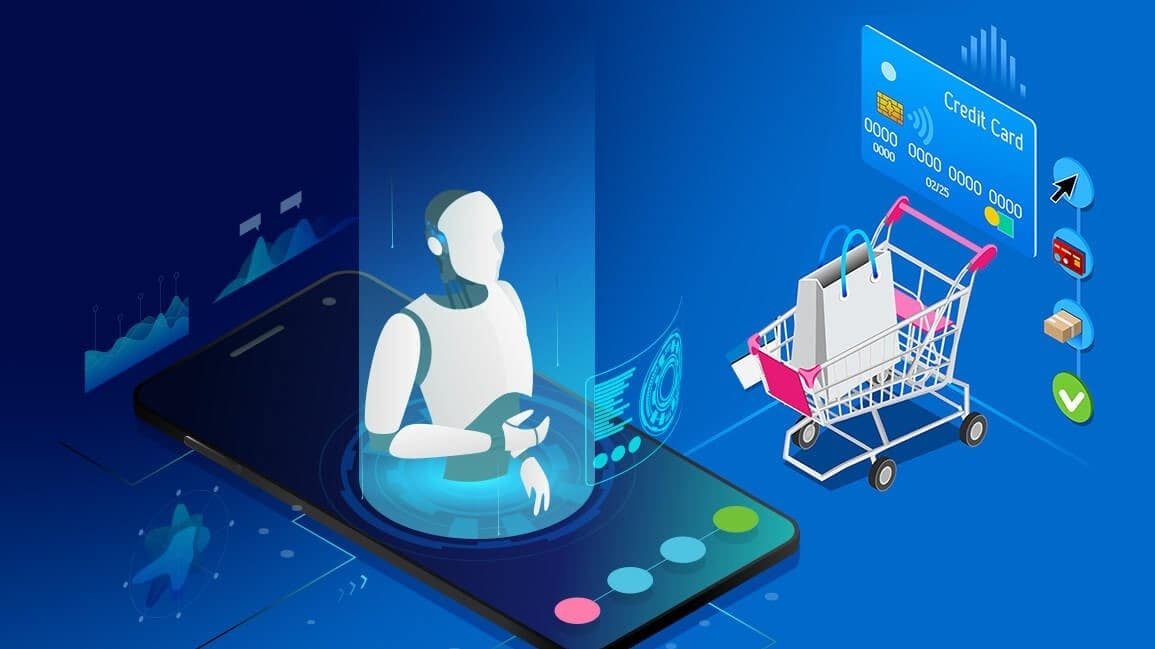Online shopping has undergone a huge transformation over the past decade, evolving from simple product catalogs to sophisticated, personalized experiences that mirror in-store service. At the heart of this evolution is automation, particularly the rise of intelligent systems that can engage customers instantly, answer questions accurately, and guide purchasing decisions 24/7. As consumer expectations continue to climb, brands are turning to technology that can deliver immediate, helpful interactions at scale.
Among these innovations, AI chatbots for e-commerce growth have become one of the most impactful technologies redefining how brands connect with customers in 2025.
According to Salesforce, 88% of consumers now expect brands to offer automated, real-time chat support, proving that conversational AI is no longer a luxury. It’s a necessity. From product recommendations to instant support, AI chatbots are enabling online stores to deliver seamless customer experiences at scale.
In this article, we’ll explore how AI chatbots are redefining customer experience, examine the specific benefits they deliver for e-commerce businesses, and review the best chatbot tools available in 2025 to help you choose the right solution for your online store.
The Role of AI Chatbots in Modern E-Commerce
AI chatbots are intelligent virtual assistants designed to simulate human conversation and assist customers in real time. Unlike traditional customer service tools that rely on static scripts or limited FAQ responses, AI chatbots use natural language processing (NLP) and machine learning to understand user intent, learn from interactions, and deliver context-aware solutions.
The evolution from basic FAQ bots to conversational commerce has transformed how shoppers interact with brands. Today’s AI chatbots can recommend products, track orders, handle payments, and even upsell based on browsing behavior, all within the same chat window. This shift from reactive support to proactive engagement marks a new era in digital customer experience.
The impact on customer experience is transformative. Instant support provides immediate answers 24/7, eliminating wait times. Personalization allows chatbots to remember past purchases and tailor recommendations to individual preferences. Scalability ensures businesses handle thousands of simultaneous conversations without compromising quality during peak shopping periods. This combination of speed, personalization, and reliability is reshaping customer expectations in 2025.
Why AI Chatbots Drive E-Commerce Growth
AI chatbots for e-commerce growth have become one of the most powerful tools transforming how brands interact with customers.
| Key Benefit | Description |
| 24/7 Availability | AI chatbots provide instant support to customers at any time, eliminating the need to rely on human working hours. |
| Personalized Shopping Experiences | Chatbots analyze user data and browsing patterns to recommend relevant products and offers tailored to each customer. |
| Lead Generation & Conversion | By answering pre-purchase questions and guiding users through checkout, chatbots help convert visitors into paying customers. |
| Customer Retention | Faster responses and efficient issue resolution lead to higher satisfaction, repeat purchases, and stronger loyalty. |
Case Studies: AI Chatbots for E-Commerce Growth in Action
- Sephora uses an AI-powered chatbot to offer personalized beauty recommendations and virtual try-ons. This has helped the brand boost online engagement and drive repeat purchases.
- H&M’s Kik chatbot assists shoppers in finding outfits based on their style preferences, increasing both conversion rates and customer satisfaction.
- Shopify’s Kit helps online store owners automate marketing tasks like product promotion and retargeting ads, making small businesses more competitive.
- Domino’s Pizza “Dom” bot allows customers to place and track orders through chat, improving convenience and streamlining service delivery.
Top AI Chatbots for E-Commerce Growth in 2025
A. ManyChat
Best for: Social media and Shopify automation
ManyChat specializes in social media messaging automation, particularly for Facebook Messenger, Instagram, and WhatsApp. It’s a perfect fit for e-commerce brands that engage customers on social platforms and integrates directly with Shopify for seamless order tracking and abandoned cart recovery.
ManyChat’s visual flow builder makes it easy to create automated conversations, promotional campaigns, and customer support sequences without coding knowledge. The platform also offers SMS marketing capabilities for multi-channel engagement. The platform boasts over 1 million active users and reports that businesses using ManyChat see an average 80% open rate on messages, significantly higher than email marketing.
Pros:
- Easy-to-use visual flow builder for beginners
- Strong social media integration (Facebook, Instagram, WhatsApp)
- Affordable pricing with robust free plan
Cons:
- Limited website chat functionality
- Less sophisticated AI compared to enterprise solutions
- Heavily dependent on social media platforms
B.Tidio
Best for: Small businesses and startups
Tidio is an affordable, user-friendly chatbot solution designed specifically for small to medium-sized e-commerce businesses. It combines live chat with AI-powered automation, allowing businesses to provide instant responses while maintaining the option for human takeover when needed. Tidio serves over 300,000 businesses worldwide and reports that its chatbots can handle up to 60% of customer inquiries automatically, significantly reducing support workload.
The platform integrates with popular e-commerce platforms like Shopify, WooCommerce, and BigCommerce, offering features like abandoned cart recovery, order tracking, and product recommendations. Its intuitive interface requires minimal technical knowledge, making it accessible for business owners without dedicated IT teams.
Pros:
- Affordable pricing and user-friendly interface
- Prebuilt chatbot templates for quick setup
- Combines live chat and automation effectively
Cons:
- Basic reporting tools
- Some features locked behind higher tiers
- Limited customization for complex stores
C. Drift
Best for: Personalized customer engagement
Drift focuses on personalized customer engagement through real-time conversations. Its AI-driven chat flow adapts based on customer behavior, making it ideal for brands that prioritize human-like interaction and lead nurturing. According to Drift’s data, businesses using their conversational AI see a 3x increase in meeting bookings and a 50% reduction in response time.
Pros:
- Excellent lead qualification and routing capabilities
- Advanced personalization based on visitor behavior
- Strong integration with sales and marketing tools
Cons:
- Expensive for small businesses and startups
- Steeper learning curve compared to simpler chatbots
- Primarily focused on B2B, less ideal for basic e-commerce needs
D. Zendesk Chat
Best for: Customer service teams that need both live chat and helpdesk automation.
Zendesk Chat (formerly Zopim) is part of the comprehensive Zendesk customer service suite, offering powerful AI-driven chat automation combined with robust ticketing and support features. It’s ideal for e-commerce businesses that need integrated customer service solutions across multiple channels.
Zendesk’s Answer Bot uses machine learning to suggest relevant help articles and resolve common queries automatically, with the company reporting that businesses using Answer Bot see a 25% reduction in ticket volume. The platform provides seamless handoff to human agents for complex issues and delivers detailed reporting on chat performance, customer satisfaction, and agent productivity. Over 200,000 companies worldwide rely on Zendesk for customer engagement.
Pros:
- Part of comprehensive customer service ecosystem
- Strong AI with continuous learning capabilities
- Excellent reporting and analytics features
Cons:
- Expensive, especially when bundled with full Zendesk suite
- Requires time investment to fully configure
- May be overkill for businesses needing only chat functionality
E. Intercom
Best for: Scaling brands that need intelligent automation and customer engagement insights.
Intercom offers enterprise-level automation and analytics, helping scaling brands manage thousands of customer interactions efficiently. It integrates with CRMs, email tools, and marketing systems to provide a unified customer experience.
Pros:
- Highly customizable workflows
- Great data and customer insight tools
- Supports omnichannel communication
Cons:
- Expensive for small teams
- Can be complex to configure
- Some integrations require add-ons
The Future of AI Chatbots in E-Commerce Growth

The future of AI chatbots in e-commerce is moving beyond simple text interactions toward intelligent, predictive, and immersive experiences. With the rise of voice commerce, shoppers will soon interact with brands using natural conversations through voice assistants like Alexa and Google Assistant. This makes purchasing as simple as saying, “Order me a new pair of sneakers.”
Future chatbots will be predictive rather than reactive, anticipating customer needs based on browsing patterns and purchase history. They’ll proactively suggest products, remind customers of reorders, and recommend items before customers ask.
Finally, integration with AR and VR technologies will take personalization to another level. Imagine a chatbot guiding you through a virtual store, helping you try on clothes digitally, or suggesting products that match your home’s interior design. These innovations signal a future where chatbots don’t just assist transactions, they power entire shopping journeys.
Frequently Asked Questions
How do AI chatbots increase e-commerce sales?
AI chatbots increase e-commerce sales by providing instant responses to customer questions, reducing friction in the buying process, and recovering abandoned carts through timely interventions.
What’s the difference between rule-based chatbots and AI-powered chatbots?
Rule-based chatbots follow pre-programmed decision trees and can only respond to specific commands or keywords, making them rigid and limited in functionality. AI-powered chatbots, on the other hand, use natural language processing (NLP) and machine learning to understand context, intent, and nuance in customer messages.
Conclusion
AI chatbots are transforming e-commerce by delivering instant support, personalized experiences, and measurable growth. With 88% of customers expecting real-time chat and platforms reporting significant conversion improvements, adopting AI chatbot technology is essential for competitive success. The tools highlighted in this guide offer solutions for businesses of all sizes to enhance customer experience and drive sales in 2025.



